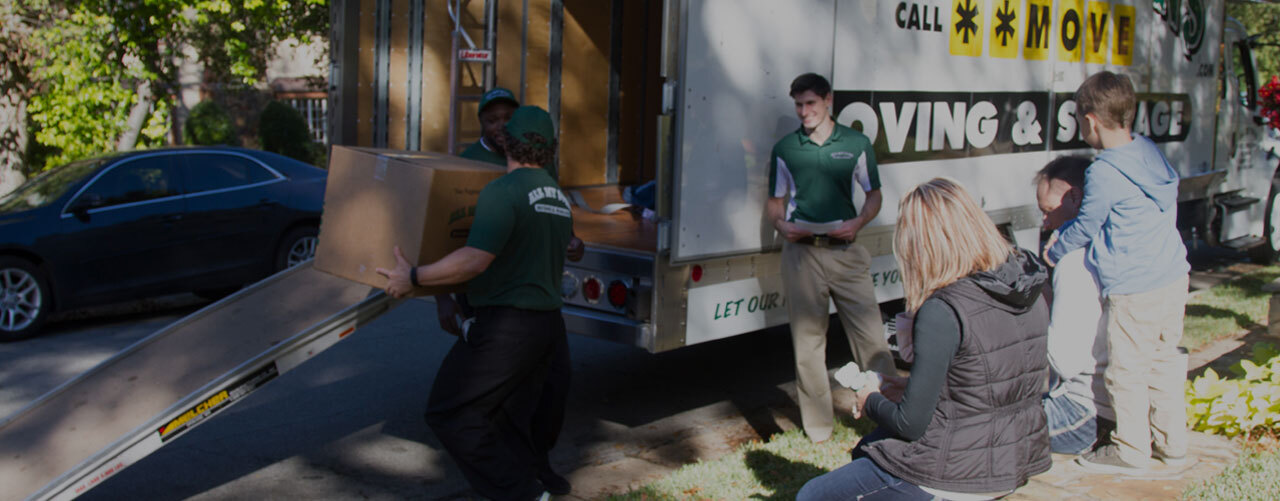Bill of Lading: What You Need to Know
You've gone house hunting, you've closed on a new home, and you've set your move-in date; now it is time to find a local moving company to help move your belongings to your new residence. You get a moving quote and along with it comes a document that says, “Bill of Lading”. Although most people might throw this attachment away, it is important that you read it.
A Bill of Lading is a document that a moving company is REQUIRED to give you; if you do not receive one, then you may have a rouge mover on your hands. A Bill of Lading is, essentially, your quote receipt. It represents the agreement that you have made with the moving company, and it represents what price the mover must stick to.
A Bill of Lading is your contract with the moving company and it is a legally binding document that provides all of the necessary information about the belongings that you are moving.
When your hire a moving company and you receive a quote, they will sign the Bill of Lading and then request you to sign a copy as well.
All My Sons Moving & Storage of Denver wants you to know about the different types of Bill of Ladings as well; there are three and these are their descriptions:
Moves Charged by Hourly Rate: If the moving company that you hire is charging you an hourly rate, then you will want to make sure that your Bill of Lading from them states a clear start and end date and time. Ask them if you can sign something that says when they started moving your belongings and when they finished.
Moves Charged Based on Weight: If the mover that you hired is going to be charging you by the weight of the moving truck after all of your belongings are loaded, they will need to give you a ticket that verifies the weight of the truck before and after your belongings are added. Ask the mover if you can witness the weighing so that you know that they are quoting you a cost that is the actual weight and not an inflated weight. However, in most of these situations, the mover will quote you a price that is an estimate on how much your stuff will weigh, and they will give you the maximum possible price, so that you are not alarmed.
Written Binding Estimate Moves: This is the most common way of billing long-haul moves. The Bill of Lading for a written binding estimate move should include the cost of the entire move. Make sure that you read this Bill of Lading and question any fees that you are uncertain of. This particular Bill of Lading should also include a checklist for items, serving as in inventory list. During the process of written binding estimate moves, the mover will mark each of your items with a number for the inventory list, and everything will need to be matched and signed off for before they leave your home.
Some general information that should be included in every Bill of Lading is:
- Moving company name, address, contact telephone number- Your name, phone numbers, and residence(s) address(es).- What is being moved- The value of the shipment- Type of payment that the moving company accepts- The truck's I.D. number- Insurance coverage details

